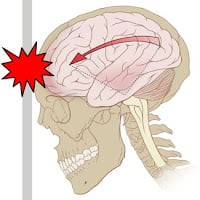
6 Steps to Treat Concussions & Prevent CTE Dementia
UNTREATED CONCUSSIONS may trigger CTE dementia (Chronic Traumatic Encephalopathy). Proper evaluation & treatment of concussions help brains heal. Learn how to best manage concussions.

UNTREATED CONCUSSIONS may trigger CTE dementia (Chronic Traumatic Encephalopathy). Proper evaluation & treatment of concussions help brains heal. Learn how to best manage concussions.

VIDEO: CTE Dementia is football’s big brain risk. That’s why Chris Borland, one of the most promising rookies in the NFL (National Football League), announced
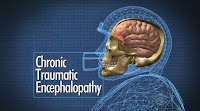
Diagnosing CTE, a dementia common to athletes, is crucial. It’s often misdiagnosed as Alzheimer’s, but CTE needs different treatment. For the first time, there is an experimental test that can confirm a CTE diagnosis during life. See how.

VIDEO: Professional athlete Patrick Grange died with CTE dementia. Learn the connection between CTE dementia and activities that are hard on the head.
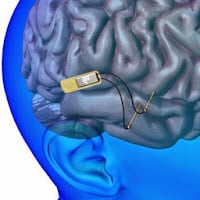
Can an implantable neural device stimulate brain cells to help restore memory? Find out why the U.S. Department of Defense is betting millions that it
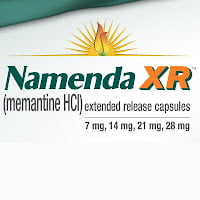
New research shows that the Alzheimer’s drug memantine (Namenda™) may treat Huntington’s dementia. It seems to improve motor learning and coordination, as well as keep cells alive. It appears to work in a way that could also benefit dementia in traumatic brain injury and some forms of stroke. Can memantine offer a multi-type dementia breakthrough?

Lewy Body dementia is the 2nd most common form of dementia. See
experts at America’s top medical center, The Mayo Clinic, improving the lives of people who struggle with it.
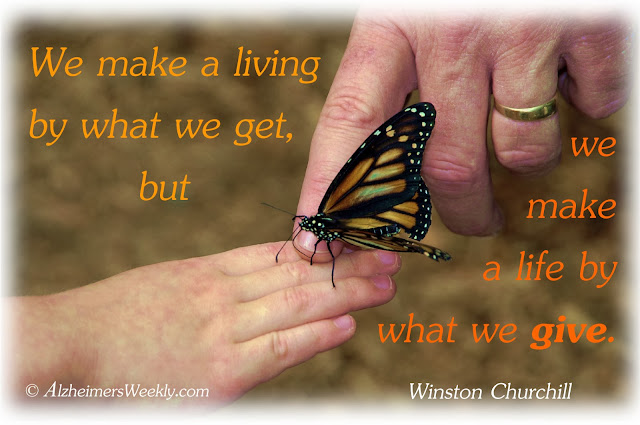
We make a living by what we get,But we make a life by what we give. (Winston Churchill)
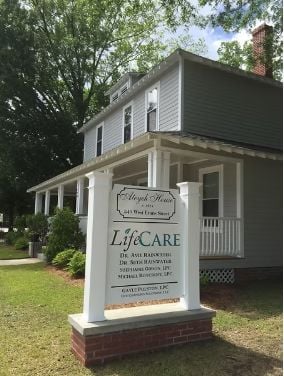
Clinical Psychology / Neuropsychology
LIFECARE PSYCHOLOGY GROUP, LLC

SHORT-TERM MEMORY lapses are obvious signs of Alzheimer’s, but other tell-tale signals begin to show much earlier. Learn how to look for semantic impairments, such as simple questions about size.

Three important dementia studies focus on HS-AGING, a type of dementia almost as common as Alzheimer’s in the 85+ group. Yet few people have heard of it. Why? What makes it different?

An intriguing study of 120 grandmothers might surprise you. Doctors know socially engaged people have better cognition and less dementia. But can a person get too much of a good thing? What’s the right balance?

Enjoy this great duet between a musician with dementia and his son. A triumph of spirit over Alzheimer’s! Sing-a-long if you like!
No spam, only news and updates.


